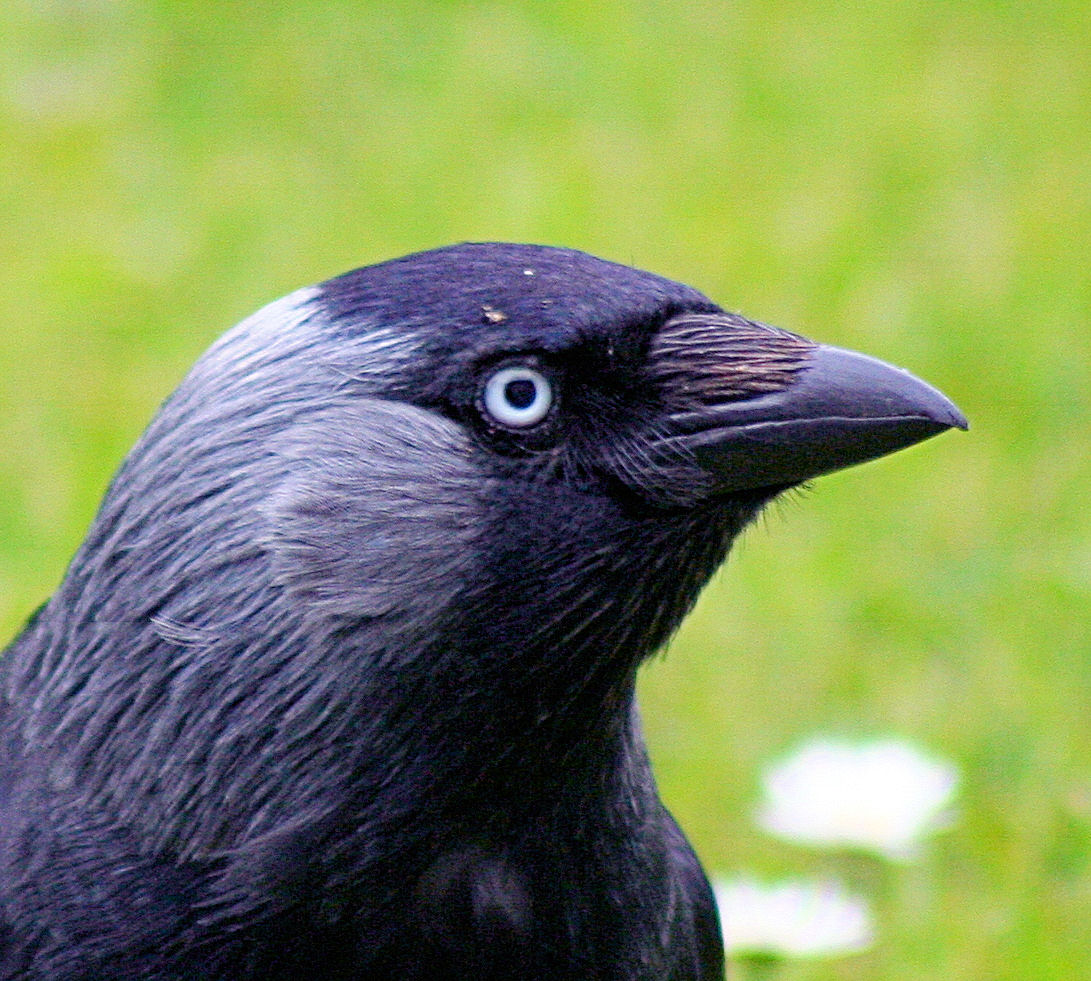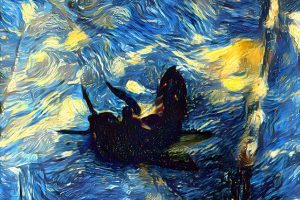Behavioural biologists are calling corvids, the bird family including crows, ravens and magpies, ├¼feathered primates├« after neurobiologists from the University of T┬©bingen discovered they display intelligent behaviour. Lena Veit and Professor Andreas Nieder have established that a crow├¡s brain makes strategic decisions by creating and using tools, remembering large quantities of feeding sites and adapting their social behaviour when observing their group peers.
Researchers devised a test to prove the theory that crows are intelligent. They showed a picture to crows, and trained them to memorise it for a computer test. There, the crows would be shown the same picture, next to a different one. The crow would then have to touch either the image they recognised, or the one they did not, depending on the rules of the game. Not only were the crows able to correctly distinguish which picture they were looking for, but they could also quickly adapt to new rules when introduced. This is something that even humans can find relatively difficult.
This comes as a bit of a surprise as crows’ brains are constructed in a vastly different way to mammals, yet the crows react in the same way; hence the ├¼feathered primates├« nickname. Veit and Nieder discovered neural activity in a brain region where cognitive activity is high, called the nidopallium caudolaterale. This meant that when one rule was in place, the crow used one group of nerve cells, and when the other was implemented, it would switch to another group. At the end of the experiment, the researchers could predict what the crow was thinking and which way it would go.
This is an important discovery because, as Neider put it, ìwe are able to draw conclusions about how the brain works by investigating the functional similarities and differences of the relevant brain areas in avian and mammalian brainsî.
Mark Williams





Add Comment